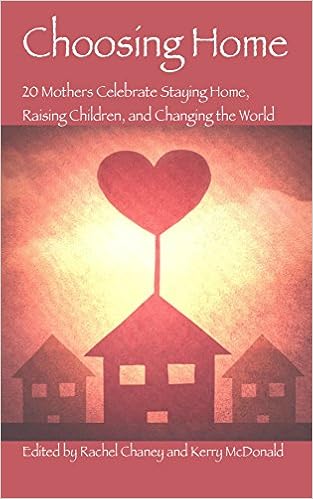It's almost hard to imagine. For those who have never experienced, never witnessed, self-directed learning, it's almost hard to imagine that it can be. Do children really sit with their books and read willingly, constantly, without even a gentle parent reminder to do so? Do they really just write stories, teach themselves cursive, become immersed in math concepts because they want to, without even so much as a parent nudge or suggestion?
Yes, they do.
"Oh, but your children are special," I hear from time to time.
Yes, they are.
But no more special than your children.
Or anyone's children.
All children are special. They are incredibly capable of learning, all on their own, the tools of their culture when surrounded by people and resources that share that culture with them. They are born to be self-directed learners, to love learning and be passionate about exploring and discovering their world. As educator John Holt so famously wrote:
“We destroy the love of learning in children, which is so strong when they are small, by encouraging and compelling them to work for petty and contemptible rewards, gold stars, or papers marked 100 and tacked to the wall, or A's on report cards, or honor rolls, or dean's lists, or Phi Beta Kappa keys, in short, for the ignoble satisfaction of feeling that they are better than someone else.”
Children adapt. They can become conditioned to be passive learners, to wait for adults to tell them what to do, to expect adults to schedule their time and direct what they will learn and when. Their innate drive to learn and create can be smothered, ignored, under the faulty presumption that learning is something that someone does to someone else instead of something we humans instinctually do. When this happens, we may look with disbelief or skepticism at children who have not been conditioned to learn this way. We may doubt that children, when given abundant time and space and freedom, will naturally gravitate to learning the tools of their culture: literacy and numeracy and other important skills. We may think it simply can't be true.
But it is most definitely true.
"Children come into the world with powerful educative instincts, which include their natural curiosity, playfulness, sociability, attentiveness to the activities around them, desire to grow up, and desire to do what older children and adults can do…When young people in our culture are granted the freedom and opportunity to educate themselves, outside of the boundaries of traditional school, they generally do so fully and joyfully. Through their everyday engagement with life, and especially through their free play and exploration, they acquire the skills, knowledge and values needed for success in our culture."
Through their everyday engagement with life.
This is what unschooling looks like in our family. Through their everyday engagement with life, in and from the city and the natural world, our children learn. They learn as naturally as they grow. They have no mental model to consider learning to be unpleasant or forced. They can't imagine reading or writing or math or science being considered drudgery. To them, it is all a natural part of their world to be enthusiastically investigated and conquered in the spirit of play and discovery.
All children--all people--are natural learners. By enclosing children in age-segregated places, with packaged curriculum based on arbitrary expectations of what humans should know at certain times and in certain ways, we deny our children the opportunity to learn through their everyday engagement with life.
But we don't have to.
There is another way to learn, to grow, to be educated. A natural way. A time-honored way. The way humans learned for thousands of years before being subjected to the modern experiment of institutionalized schooling.
We can find our way back to these origins of natural learning. We can preserve our children's curiosity, their innate zest for learning and knowing. We can help them to re-discover their ability to learn all on their own, following their own passions and interests, if they have been conditioned to falsely believe that they must be taught in order to learn.
We can engage our children in everyday life, in everyday living, granting them the freedom and opportunity to learn without boundaries.
And we can grant ourselves the same freedom and opportunity to re-learn learning.
























I'd love to see a post about unschooling and the internet. For me this is the biggest challenge in to my thinking that kids can/should just learn as they want. For one of my 3 children this looks like being on a screen nearly all day (unless, as I do, set limits). But, it is a constant struggle. How do other unschooling families deal with this?
ReplyDelete